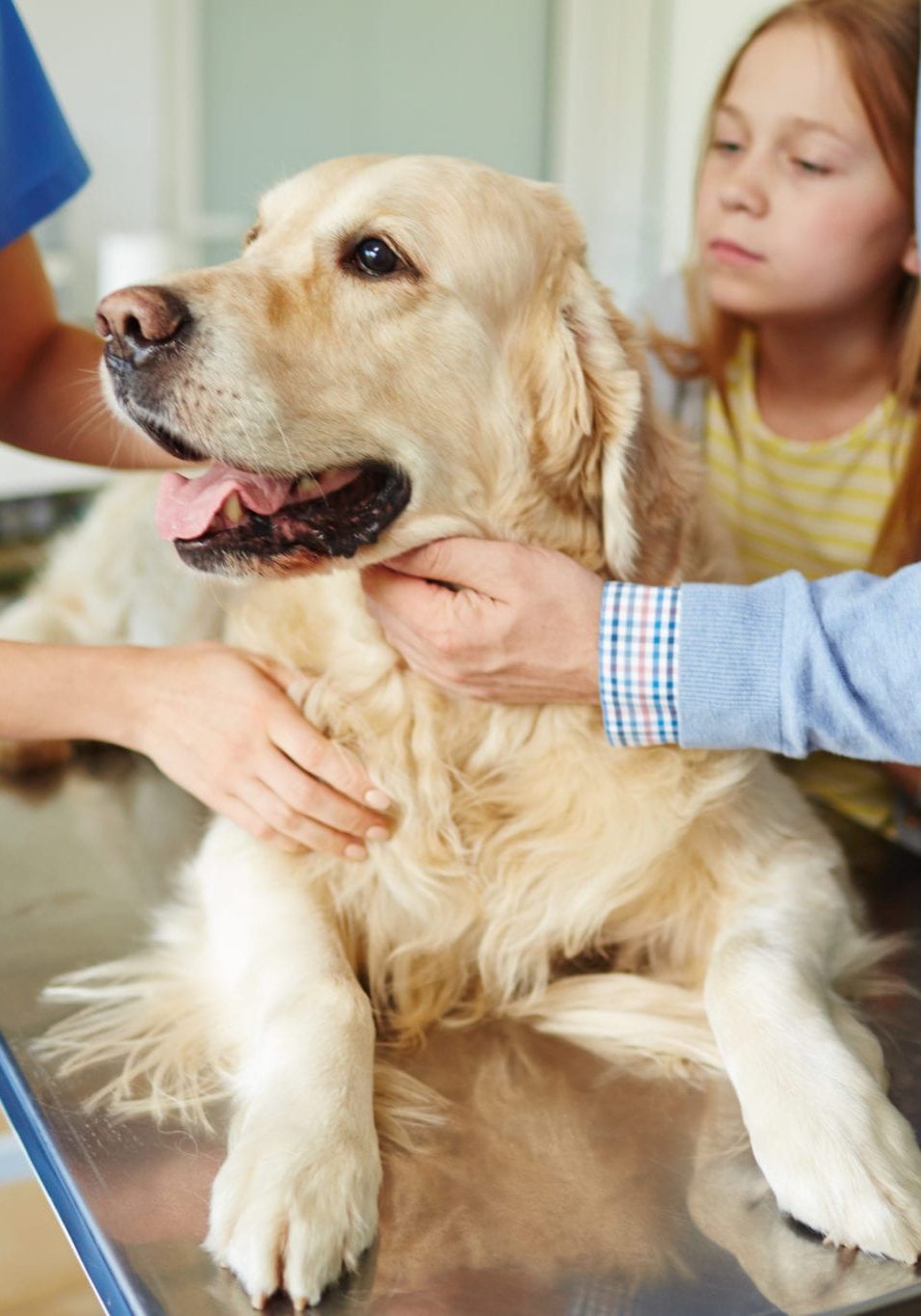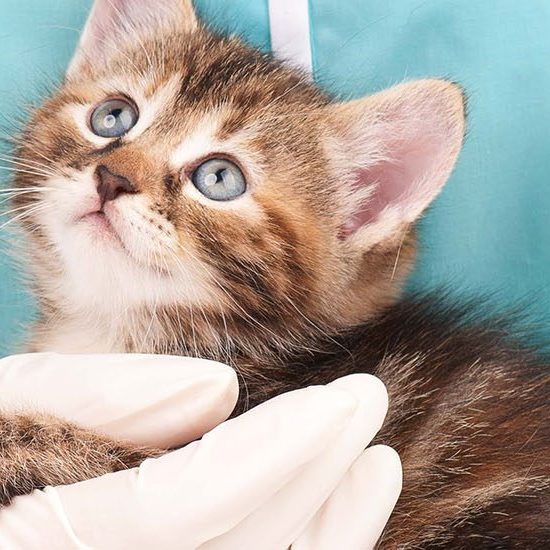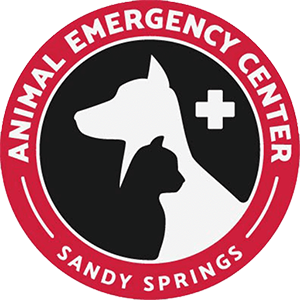Veterinary Radiology and Ultrasounds
Veterinary radiology and ultrasound are essential to making quick, accurate diagnoses for your pet. Our modern X-ray machines provide us with high-quality radiographs to evaluate bones and organs, as well as to aid in the quick diagnosis of a variety of disorders and conditions.

What is Veterinary Radiology?
A radiograph, or digital X-ray, is a black-and-white photograph that provides us with a snapshot of the inside of your pet’s body to reveal information that may not be visible on the outside. Internal organs typically appear as shades of gray on a radiograph (depending on density), whereas bones show up as white and empty spaces look black.
If we require an enhanced view, our team will send the radiographs to a board-certified radiologist for further analysis.

Is Veterinary Radiology Safe for My Pet?
Yes! Radiology is a safe, non-invasive procedure that uses extremely low doses of radiation to take a radiograph - it’s so safe that even pregnant female dogs and cats, puppies, and kittens can undergo radiology.
What is Veterinary Ultrasound?
Ultrasounds transmit sound waves into your pet’s body to produce a live picture of the body part in question. As with X-rays, they are a non-invasive form of veterinary imaging that we use to discover tumors, blockages, and other issues not apparent to the naked eye. We can perform detailed ultrasounds of the abdomen, heart, and other internal organs.
Why Does My Pet Need Radiology or an Ultrasound?
Ultrasounds and radiology help to increase the speed and accuracy of our diagnoses during a pet emergency. Our board-certified radiologists can provide consultations and take X-rays from different angles to capture foreign bodies close to the skin.
If your pet is prone to anxiety, we may need to sedate them during X-rays or ultrasounds to get accurate results (with permission, of course).
If you believe your pet is having an emergency, please contact us at (404) 252-7881. If you have additional questions about our hospital’s policies, please visit our FAQs page.
